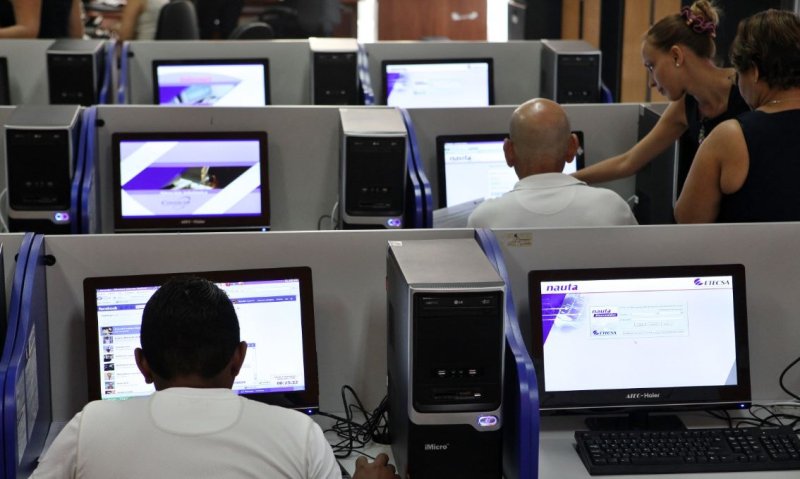April 28 (UPI) -- Servers of Google Inc. located in Cuba went online Wednesday, making Google the first foreign Internet company to host content in the country.
The action comes four months after Google and Etesca, Cuba's national telecom provider, agreed to a contract promising faster high-bandwidth services available in a country long accustomed to slow and expensive Internet service.















